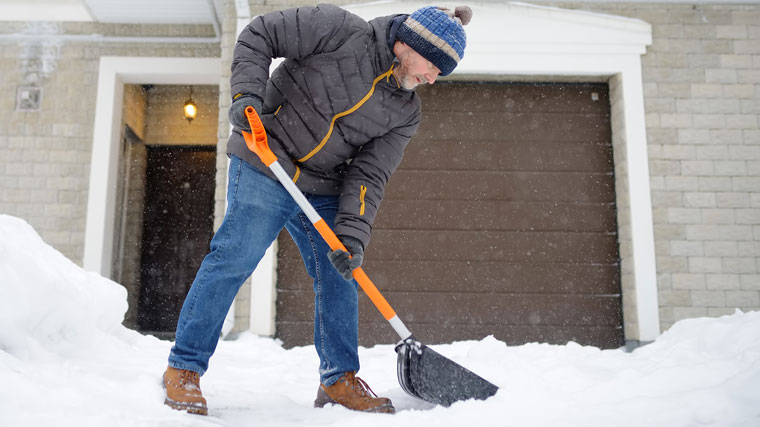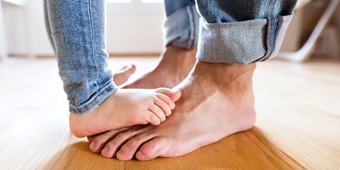Understanding the Cold Weather — Heart Attack Connection

Find Your Perfect Match
Answer a few questions and we'll provide you with a list of primary care providers that best fit your needs.
As soon as you step outside during cold weather, your body reacts. Without the proper precautions, that reaction can be harmful to your health, especially if you have cardiovascular disease. Cardiovascular surgeon Vincent Nardy, DO, breaks it down.
How Your Body Reacts To the Cold
When exposed to cold, your body reacts in a way that stresses your heart. Here’s what can happen:
- Your small arteries tighten in order to shift more blood to your critical organs. This keeps the organs warm and functioning normally. But it also causes your blood pressure to increase.
- As you inhale cold air, your heart rate increases.
- As your heart rate and blood pressure increase, your heart needs more oxygen. This sudden lack of oxygen increases the risk of a heart attack.
- As your blood pressure increases, the plaque in your coronary arteries can rupture. This can cause a heart attack.
- Your platelets tend to clump together, creating clots that may cause or worsen a heart attack.
What Role Does Exercise Play?
“There’s an abundance of evidence that shows a correlation between strenuous exercise, like shoveling snow, and heart attack,” says Dr. Nardy. Before considering any type of workout in the cold, he suggests you:
- Cover your mouth and nose with clothing or a scarf to help warm the air that you breathe.
- Ask friends, family, or neighbors to help you. “Shoveling wet snow probably is more exertional than a stress test monitored in your doctor’s office,” warns Dr. Nardy. Ask yourself, is it really worth it?
- Use a snow blower instead of shoveling, but realize that even snow blowers will put some stress on your heart — just not as much as shoveling.
- Take frequent breaks.
- Drink plenty of water before heading outdoors.
- Avoid nicotine, alcohol, and caffeine several hours prior to any cold-weather exercise.
“If you have heart problems or know you have coronary artery disease, don’t do any type of exercise in cold weather without first consulting your physician,” says Dr. Nardy. “Your doctor may want to put you on a true, monitored stress test to be certain your heart can handle it before giving you the go-ahead.”
What Symptoms Should I Look For?
“If you’re experiencing a heart attack, you may feel pain or pressure in your chest, pain in one or both arms, your back, shoulders, neck, or your jaw,” Dr. Nardy explains. “Some people experience abdominal pain or symptoms that may be mistaken for indigestion, nausea, or vomiting. Shortness of breath that worsens, or trouble breathing also may occur.”
If you experience any of these symptoms, call 911 immediately.
Are There Other Activities I Should Avoid?
If you have cardiovascular disease, your doctor may caution you to avoid other strenuous activities, including some that typically don’t take place in freezing temperatures. This may include raking leaves, cutting the grass, running, biking, even gardening, says Dr. Nardy. “That’s not to say you shouldn’t do these things, but rather you should ask your doctor first.”
Find Your Perfect Match
Answer a few questions and we'll provide you with a list of primary care providers that best fit your needs.
Source: Vincent Nardy, DO, Cardiothoracic Surgery Associates
- blood pressure
- Cardiothoracic Surgery Associates
- cardiovascular disease
- cold weather and heart attack
- cold weather exercise
- coronary artery disease
- Dr. Vincent Nardy
- freezing temperatures and heart
- heart attack while shoveling snow
- heart disease
- how prevent heart attack in cold weather
- oxygen deprivation
- platelets
- Premier Health
- strenuous exercise and heart
- stress test




